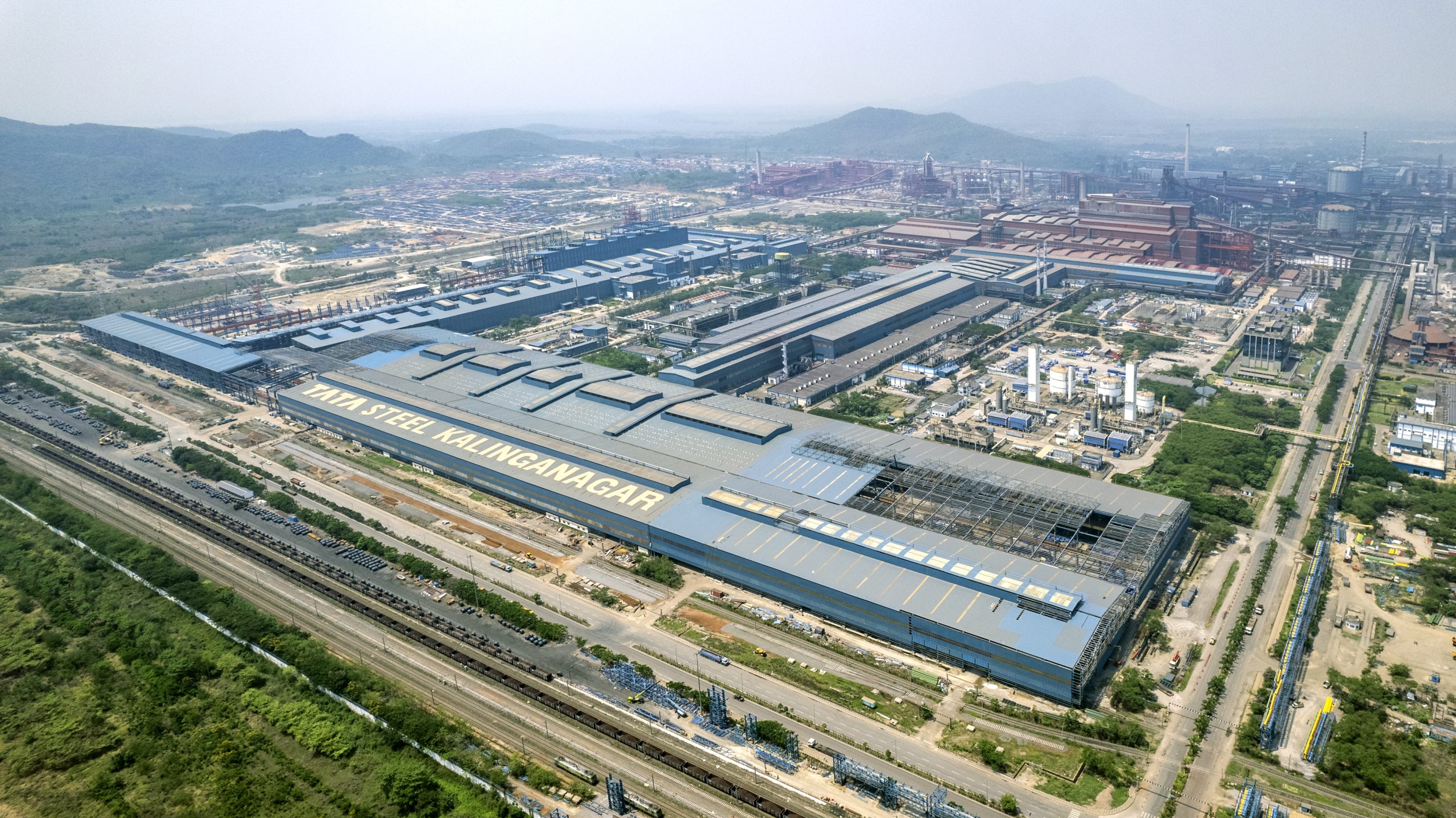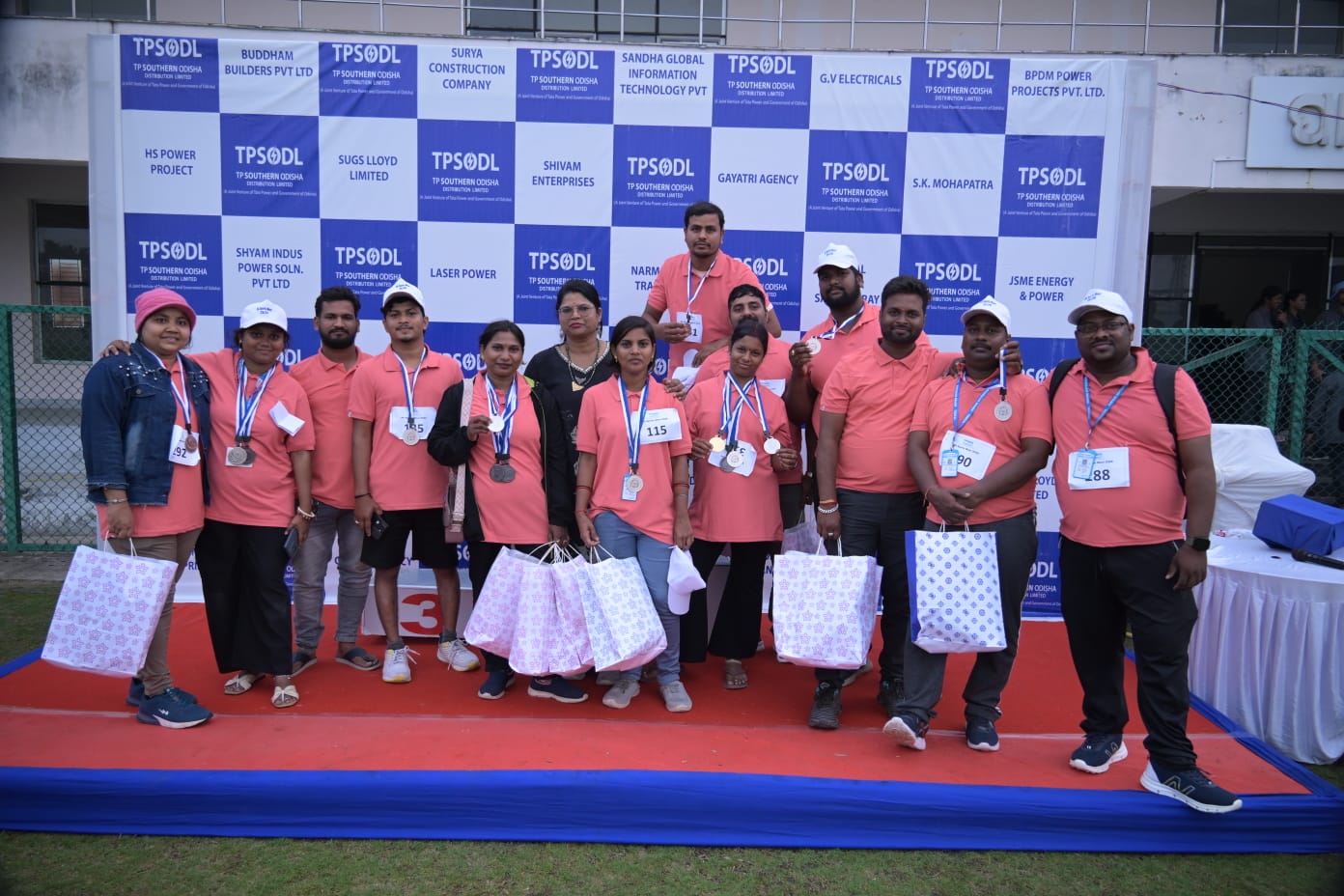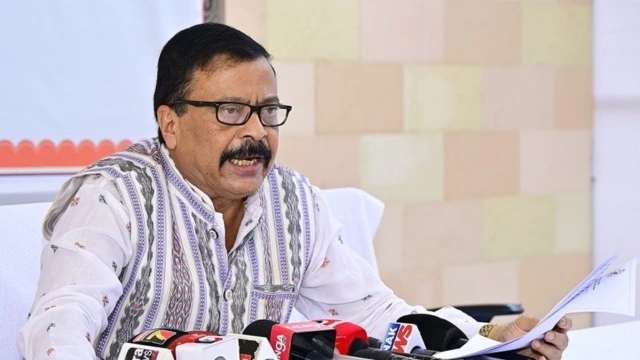November 18, 2024: For nine years, the Tata Steel Kalinganagar plant has been a beacon of progress in Odisha, transforming the industrial landscape and significantly impacting millions of lives. The state-of-the-art facility, one of India’s largest steel plants, is a testament to successful industrial development, seamlessly integrating economic growth with social responsibility and environmental stewardship.
The Kalinganagar plant is not just an industrial complex; it is a key contributor to the region’s socio-economic development. Tata Steel has invested significantly in community development programmes focusing on education, healthcare, and livelihood opportunities – positively impacting over 2 lakh people in the surrounding areas. The success of Tata Steel Kalinganagar is also deeply rooted in its workforce. Tata Steel’s ‘Safety First’ culture ensures that the highest safety standards are maintained, making Kalinganagar one of the safest steel plants in the world.
“Tata Steel has implemented numerous community development initiatives to ensure the plant’s positive integration with the local population. These initiatives include extensive skill enhancement programmes, livelihood initiatives, health initiatives, education projects, and infrastructure projects designed to improve the quality of life for nearby communities with ongoing dialogue to address any concerns. The company is committed to responsible resource management and environmental protection, adhering to stringent environmental standards and investing in sustainable practices to minimise environmental impact”, says Rajiv Kumar, Vice President Operations, TSK
As part of the plant’s Phase II expansion, the commissioning of the India’s largest blast furnace with a volume of 5,870 m3, a new feather has been added to its cap. The facility has state-of-the-art features for extended campaign life and an eco-friendly design to optimise the steelmaking process. In a first for Tata Steel, a dry gas cleaning plant has been installed to maximise energy recovery from by-product gas. An evaporative cooling system is being employed for the first time in an Indian blast furnace, optimising space footprint while lowering specific water and power consumption by approximately 20% compared to conventional designs. The blast furnace will also have a zero-process water discharge plan with rainwater harvesting.
Key facilities planned for the Phase II expansion at Kalinganagar include a Pellet Plant, Coke Plant, and Cold Rolling Mill – each incorporating advanced technologies and sustainable practices. The Tata Steel Kalinganagar plant incorporates modern technologies focused on value-added products, operational efficiency, and a significant reduction in carbon footprint.
The Phase II expansion at Kalinganagar will take the total capacity at the site from 3 million tonnes per annum (MTPA) to 8 MTPA. With the Phase II expansion, Odisha has emerged as the largest investment destination in India for Tata Steel, with a total cumulated investment of over Rs 100,000 crore in the last 10 years. The expansion of TSK underscores our commitment to boosting private investment in India, aligning with the nation’s vision for self-reliance and sustainable industrial growth.
The plant’s positive economic impact is undeniable. Local communities have seen increased opportunities for employment and skill development, leading to improved standards of living.
While challenges related to large-scale industrial projects naturally exist, Tata Steel is actively engaging with stakeholders, including the Odisha Government and local communities, to foster a collaborative environment that prioritises holistic, sustainable development.
The coming years promise continued growth and a positive impact for Kalinganagar. Tata Steel Kalinganagar’s dedication to sustainable practices, community engagement, and economic development ensures that the plant will remain a vital asset for Odisha, contributing to the State’s continued prosperity and progress for years to come.











